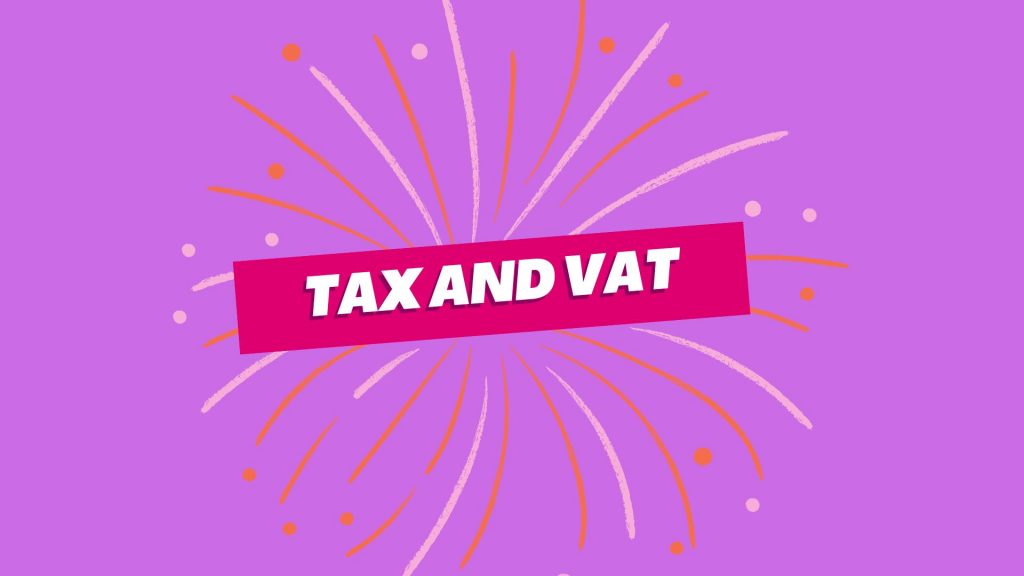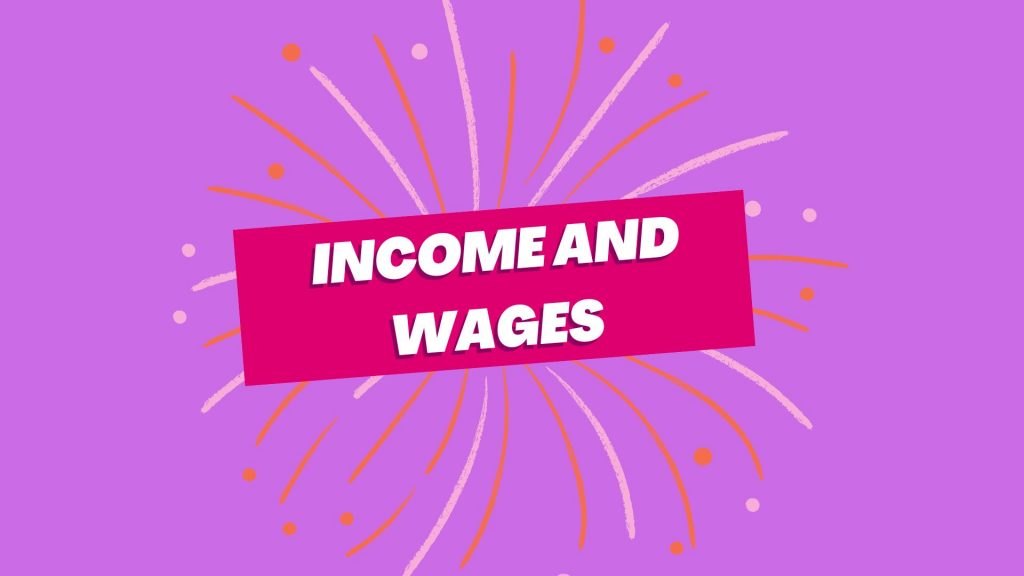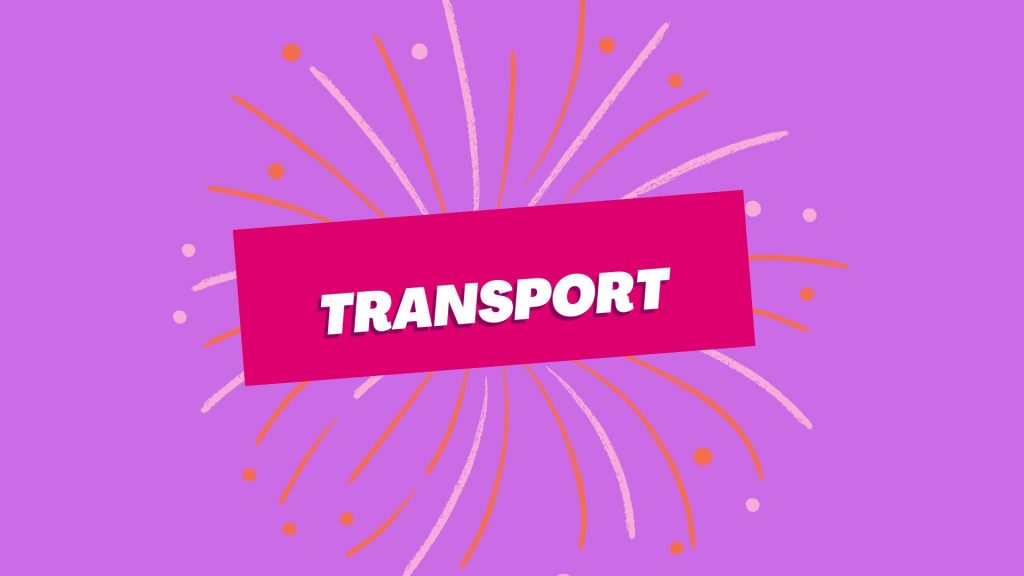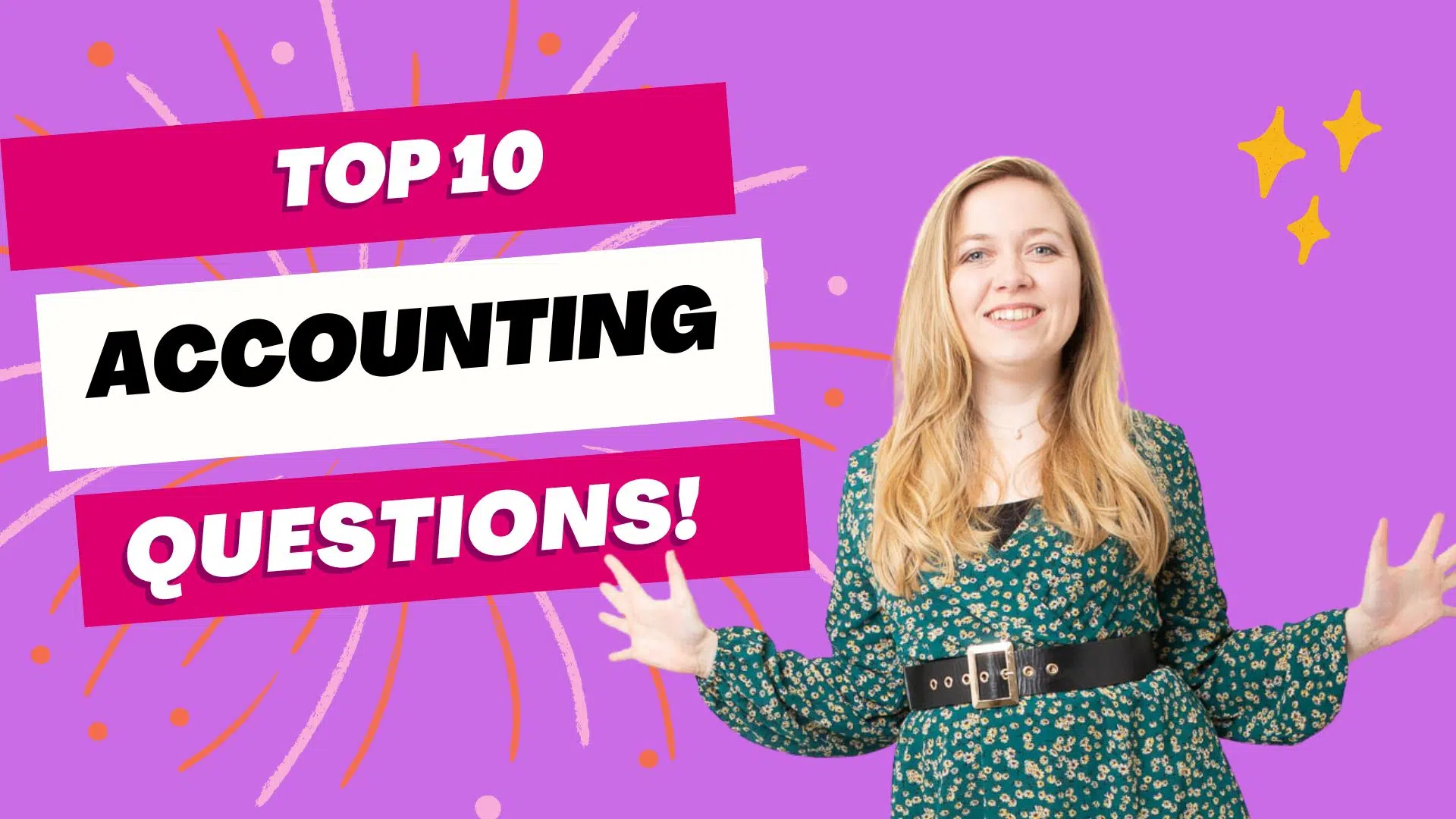As accountants, a lot of our time is spent answering your queries and questions to help ensure you make the best financial decisions for your business.
However, (after a while), the same questions inevitably start to crop up.
So, in the hope that we can help out (and save you some time), we’ve answered your most frequently asked questions!
Here’s all you need to know, from tax and VAT to transport and wages:

1. Should I register myself as a limited company or a sole trader?
Before you can decide whether to register as a limited company or a sole trader, you need to understand the difference between the two.
As a sole trader, you (the business owner) and the business are seen as one legal entity. Whereas, with a limited company, the business is an entirely separate entity.
So which is better?
Well, both models have their benefits.
Being a sole trader allows you to have complete control over your business and retain all of your profits after tax. They’re also relatively easy to set up and require very little paperwork.
However, registering as a limited company allows you to be more tax-efficient (19% corporation tax), relinquish any personal liability and gain greater credibility and funding.
Ultimately, the decision is yours. However, we strongly recommend speaking to your accountant, as they will make suggestions based on your personal circumstances.
Take a look at this blog for more information – http://fomvk.nimsite.uk/2022/05/17/sole-trader-vs-limited-company-which-is-better-for-you/
2. What exactly can I claim for?
We get this question a lot! So we wanted to shine some light on the subject.
If you are self-employed, you can claim allowable expenses for:
- Travel costs
- Training costs
- Advertising costs
- Financial costs
- Office costs
- Staff costs
- Clothing costs
- The cost of your business premises
- The cost of items you buy and sell on
You can explore each category in greater detail on the government website, but if you’re ever unsure, always ask your accountant.
The main thing to remember is that you can only claim expenses for business costs. So to give some specific examples, you can claim for your MBA, but you can’t claim for unreasonable expenses like extravagant meals or unnecessary trips.
3. Can I charge my company rent for using my house?
This depends on whether you’re self-employed or you have a limited company.
You can’t charge your company rent if you’re self-employed because you are the business. With that said, if you rent a property, you can claim a portion of your rent back through expenses.
However, if you’re the director of a limited company, you can create a formal rental agreement between you and your business. But remember, the rent you charge should match the amount you pay. Otherwise, you’ll pay tax for turning a profit.

4. How much should I pay myself?
Whilst we can’t offer you a definitive number, we can suggest 3 different ways to approach paying yourself. You can either:
- Pay yourself enough to cover your personal costs
- Pay yourself a fair market salary
Or
- Pay yourself a combination of salary and dividends
The third option is the most tax-efficient as you can keep yourself on the lower end of (or even below) the NI and income tax brackets. However, the best option is the one that works for you and your business.
5. What is the best way to fund my pension?
First, let’s discuss the logistics. If you have a personal pension, you have the flexibility to pay into your pension monthly or invest lump sums whenever you can afford it. Your only limitation is the £40,000 annual allowance. Beyond that, you won’t gain any tax relief for your savings.
Now, in terms of funding your pension, that’s entirely down to personal preference. For example, you could increase your pension contributions instead of your salary. Or, you could defer your pension (it will increase by 1% every nine weeks you defer).
So speak to your accountant and see what they believe the best option is for you!
6. Should I pay my family members a salary?
Firstly, as with any employee, you should only pay a family member if they are genuinely contributing to your business. Secondly, if you do employ a family member, their salary should accurately reflect the work they’ve done.
As long as you can fulfil both of these requirements (and pay the national minimum wage), there are several benefits you can receive by hiring a family member. For example, you can deduct their wage from your business to keep profits low or even receive Employee Allowance.
Alternatively, if you don’t want to hire a family member, you can always make them a shareholder. That way, they can receive dividends. Although you won’t receive an employee allowance, you will pay significantly less tax on dividends.

7. Should I buy my next car through my company?
Although it sounds like an easy way to save on tax, the truth is, buying a car through your business might not be as beneficial as you first thought.
You see, if you buy a company car, you can only use it for company purposes. Otherwise, you have to pay tax on private use. Now you can calculate the ‘benefit in kind’ tax on the government website, but usually, the most tax-efficient solution is to buy or lease the car privately and simply claim back any mileage.
8. What is more beneficial an EV or a hybrid car?
From a tax perspective, an EV is objectively more beneficial than a hybrid. Simply because you don’t have to pay any road tax on zero-emission vehicles!
With that said, hybrid vehicles are still more tax-efficient than standard petrol and diesel vehicles. So both are great options!
9. Should I take advantage of the Cycle2Work scheme?
If you already cycle to work, then you should absolutely take advantage of the Cycle2Work scheme!
You can save between 33.25% and 43.25% on your new bike and accessories by applying to the scheme. Why? Because you don’t have to pay any tax or NI. Plus, the cost is spread over 12 – 18 months and is immediately deducted from your pay slip via salary sacrifice.
So, as long as you can commit to cycling to work 50% of the time, there’s no reason why you shouldn’t apply to the scheme.

10. Why does my accountant always say ‘it depends’ when I ask one of these questions?
Because it’s true!
All of these questions depend upon your unique personal circumstances – from your business model and lifestyle to your financial situation. So always ask your accountant for their professional opinion! They can offer you the most appropriate advice based on your books.




